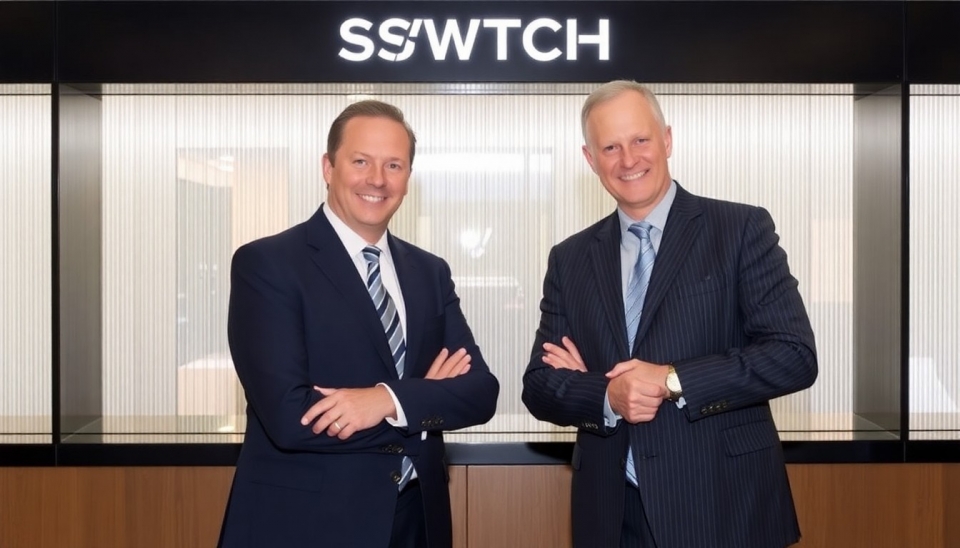
In a recent statement, the CEO of Swatch Group, Nick Hayek, emphasized the necessity for the renowned Swiss watchmaker to carve out more time to consider the possibility of transitioning into a privately held company. This move has stirred discussions within the industry concerning the future direction of the iconic brand and its operations.
Hayek articulated that the board of directors is currently examining various strategies to sustain the company’s momentum in an increasingly competitive landscape. By going private, Swatch could potentially shield itself from the pressures of public market expectations, enabling a more strategic approach to growth and innovation.
The rationale behind exploring a private transition stems from Swatch's desire to prioritize long-term goals over short-term profits, a common challenge faced by publicly traded companies. Hayek seems to indicate that this strategic pivot could empower Swatch Group to make bold decisions regarding product development and market expansion without the incessant demands of shareholders and quarterly earnings reports.
Hayek further explained that while the idea is still in its infancy and requires comprehensive deliberation, the team is committed to conducting a thorough analysis. He acknowledged the importance of understanding the implications of such a significant shift, particularly in relations to the brand's heritage and connections with its loyal customer base.
In previous years, Swatch has faced mounting competition from luxury watchmakers, as well as smartwatches that are increasingly popular among younger consumers. Therefore, the notion of transitioning to a private entity could liberate the company to pursue innovative designs and marketing strategies that resonate with an evolving audience.
The potential move has gained attention from industry analysts and investors alike, sparking debates about whether the company could achieve a renaissance reminiscent of its groundbreaking designs in the 1980s. As Hayek leads this dialogue, it remains critical for the Swatch Group to not only consider financial whether considerations but also the broader branding implications that could arise from such a transformation.
The discussion surrounding going private serves as a significant marker for the company’s future. By contemplating this strategic shift, Swatch Group is positioning itself to adapt and thrive in a watch market undergoing rapid evolution. Observers will be keen to see how this narrative unfolds in the coming months and what it portends for the iconic Swiss brand.
As the conversation continues, Swatch shareholders and watch enthusiasts alike await clarity on the next steps, hoping for a resolution that honors both the company’s storied past and its vision for a dynamic future.
#SwatchGroup #GoingPrivate #SwissWatches #NickHayek #WatchIndustry #Innovation #BusinessStrategy #LuxuryWatches #MarketTrends
Author: Emily Collins




